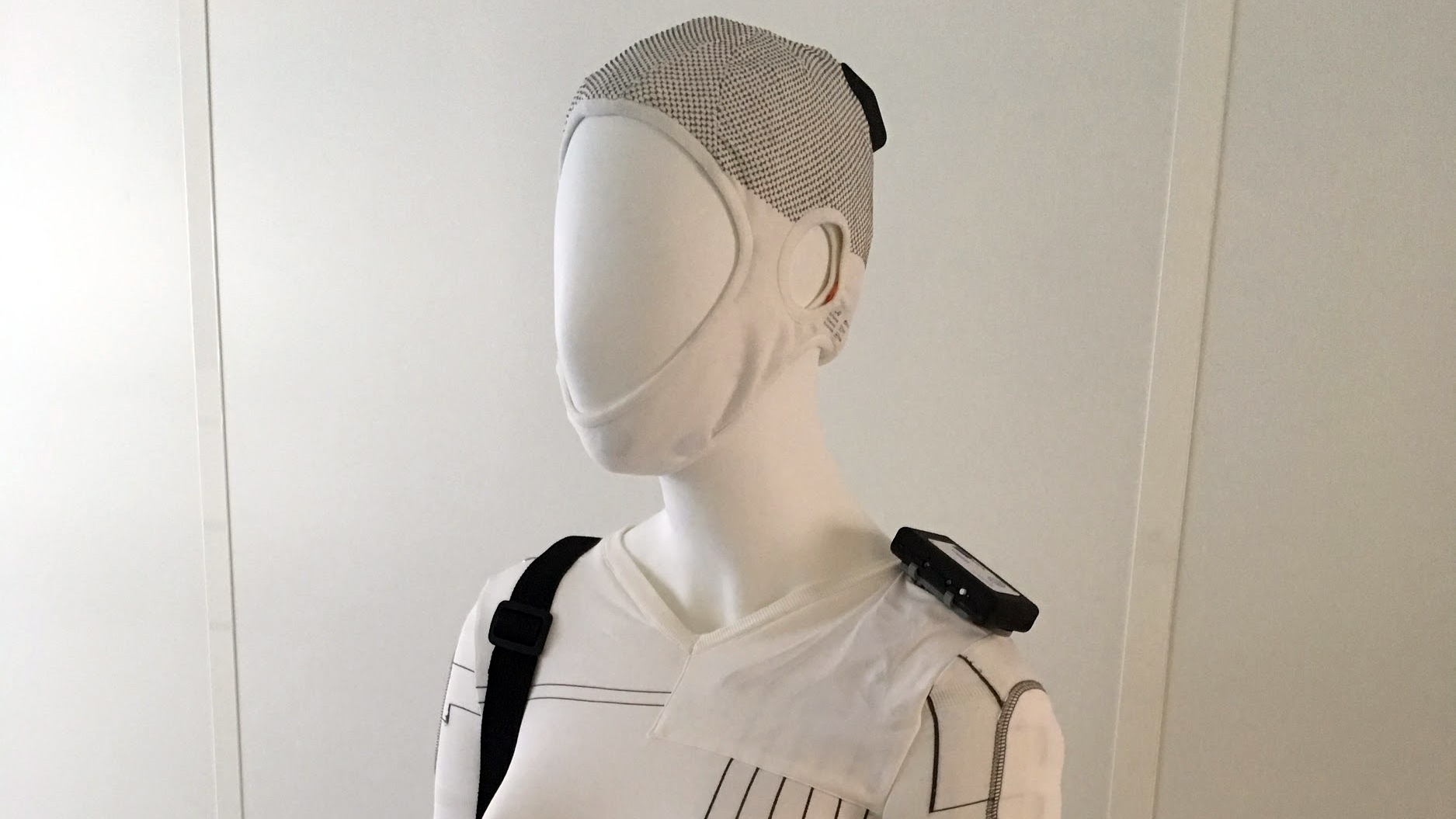This wearable can diagnose epilepsy
'Neuronaute' created by a pair of French startups

About 50 million people around the world suffer from epilepsy - a condition where sufferers experience violent seizures that sometimes lead to physical injuries.
Those seizures are difficult to predict in advance, so it's often hard to diagnose sufferers as they often occur when medical staff aren't present. But now a pair of French startups named Dataiku and Bioserenity have partnered to create a wearable device that can monitor patients at home in real-time.
In The Brain
The system, which is called "Neuronaute", combines smart clothing equipped with biometric sensors, a mobile app that processes the data, and a cloud platform called Medata.lab for analysing that data and sharing it with doctors. It allows for continuous EEG recording, giving neurologists a glimpse into what's going on in the patient's brain.
"Data shared through the cloud can be accessed at any time by the doctor in charge of the patient," writes Bioserenity on its website. "The doctor can use the data for an optimized diagnosis and can view the response to a medical treatment and adjust it accordingly in real time."
A Lot of Data
As you might imagine, wearing a device like this generates a lot of data - specifically about 126 million measurements per hour, resulting in about a gigabyte of data for each device. The cloud platform it runs on can cope with up to 10,000 of those devices running simultaneously - up to ten trillion daily measurements.
The product has been granted its safety certifications for Europe, and is now being deployed in several university hospitals across the continent for further testing. It's not yet available in the United States.
"The project is particularly important to us because it's enabled us to take part in the development of what could be major transformations for the healthcare industry," said Florian Douetteau, CEO of Dataiku. "With Bioserenity, we're showing that the appropriate use of data could lead to tomorrow's ever more effective world of medicine and health."
Sign up for breaking news, reviews, opinion, top tech deals, and more.
- Duncan Geere is TechRadar's science writer. Every day he finds the most interesting science news and explains why you should care. You can read more of his stories here, and you can find him on Twitter under the handle @duncangeere.
